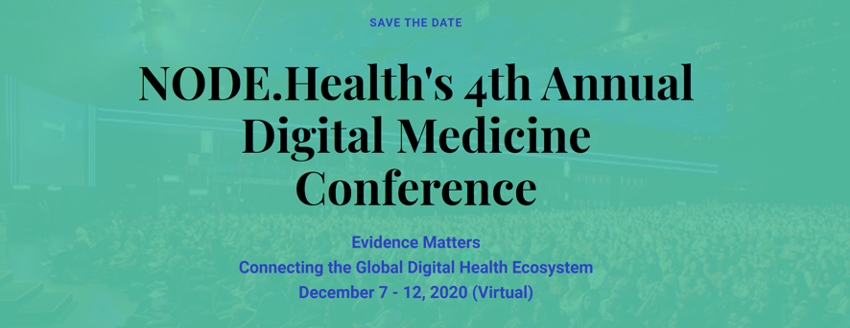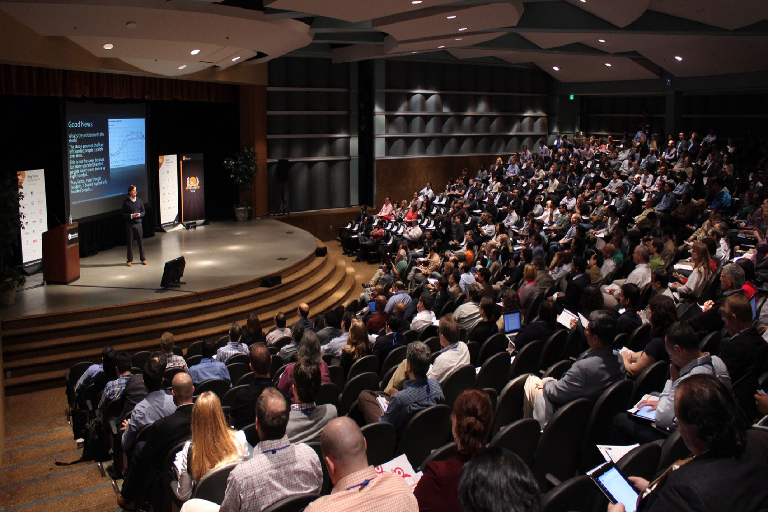How Health Systems Can Leverage Community Workers to Address Care Gaps
Health systems are increasing their investments in community health workers, yet they continue to face challenges in ensuring these programs are financially sustainable.
Community Health Worker Programs: Bridging Care Gaps Amid Financial Challenges
Health systems nationwide are increasingly investing in Community Health Worker (CHW) programs to address care gaps and improve health outcomes. CHWs, often trusted community members, provide essential services such as health education, navigation, and social support, particularly in underserved areas. Their role has become more prominent as healthcare shifts towards value-based care models that emphasize prevention and community engagement.
Financial Sustainability Challenges
Despite their proven effectiveness, CHW programs often face financial sustainability challenges. Many programs rely on temporary funding sources like grants and public health emergency funds, which are not long-term solutions. As these funding streams diminish, health systems must explore sustainable financing models to maintain and expand CHW services.
Strategies for Sustainable Financing
To ensure the longevity of CHW programs, several strategies can be employed:
- Medicaid Reimbursement: Some states have successfully integrated CHW services into Medicaid reimbursement structures. For instance, certain states offer fee-for-service or capitated payment models for CHW visits, which can provide a steady revenue stream for these services.
- Dual Certification and Specialized Training: Programs like New Mexico’s CHW certification offer generalist and specialist pathways, enabling CHWs to qualify for Medicaid billing and enhancing their employability.
- Employer Capacity Building: Health systems can invest in training and infrastructure to support CHWs, including developing systems for billing and integrating CHW services into care coordination efforts.
- Policy Advocacy: Engaging in policy development to recognize CHWs as integral members of the healthcare workforce can lead to legislative changes that support sustainable funding.
The Role of Public Health Agencies
State and territorial public health agencies play a crucial role in advancing sustainable financing for CHW programs. By developing coordinated strategies, influencing payer policies, and supporting CHW training and certification, these agencies can create an environment conducive to the growth and sustainability of CHW services.
Conclusion
While the financial sustainability of CHW programs presents challenges, adopting innovative financing models and supportive policies can ensure that these programs continue to play a vital role in bridging care gaps and promoting health equity. By investing in the CHW workforce, health systems can enhance care delivery and improve outcomes for communities in need.






























